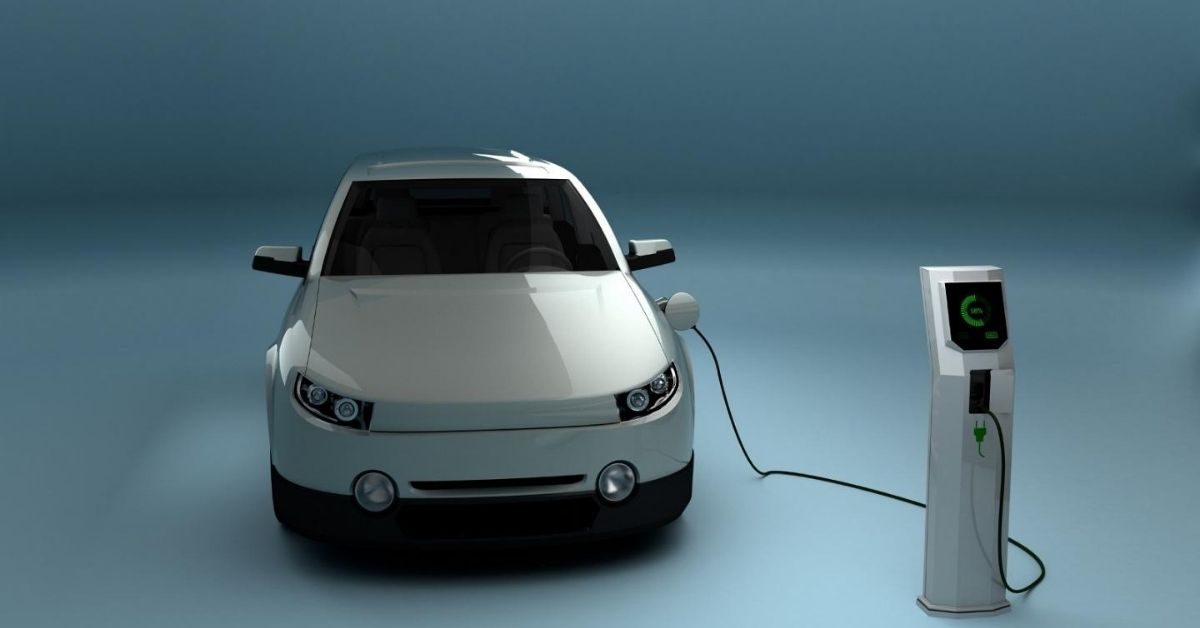Chinese cars will be slapped with import duties by the European Union if a solution to a trade stand-off between Brussels and Beijing isn’t found by the end of October.
The European Commission, which manages trade on behalf of the 27 member countries, welcomed their majority approval of its plan to impose the duties, even though EU automotive powerhouse Germany and Hungary voted against it.
Those duties will come into force on October 31 unless China has a solution to end the standoff.
As the UK is outside of the European Union, Chinese-made EVs won’t be slapped with the import duties.
EVs have become a major clash point in a broader trade dispute over the influence of Chinese government subsidies on European markets – which has forced the undercutting of EU industry prices – and Beijing’s burgeoning exports of green technology to the bloc.
Commission spokesman Olof Gill said that any solution proposed by Beijing would have to be fully compatible with World Trade Organisation rules, remedy ‘the injurious subsidisation’ by China, and be ‘monitorable and enforceable’.
‘China firmly opposes the EU’s unfair, non-compliant and unreasonable protectionist practices in this case, and firmly opposes the EU’s imposition of anti-subsidy duties on Chinese electric vehicles,’ a spokesperson at China’s Commerce Ministry said in comments posted online.
The duties on Chinese manufacturers, if applied, would be 17% on cars from BYD, 18.8% on those from Geely and 35.3% for vehicles exported by China’s state-owned SAIC.
Geely has brands including Polestar and Volvo, while SAIC owns Britain’s MG, one of Europe’s bestselling EV brands.
Other EV manufacturers in China including Western companies such as Volkswagen and BMW would be subject to duties of 20.7%.
The retaliatory duties have run into opposition in Germany, which has Europe’s biggest economy and is home to major carmakers.
Germany’s car industry association, the VDA, said the German government sent the ‘right signal’ by voting against them.
Hildegard Muller, who chairs the group, called the decision ‘a further step away from global co-operation’.
The rapid growth in market share has sparked fears that Chinese cars will eventually threaten the EU’s ability to produce its own green technology to combat climate change, as well as the jobs of 2.5 million car industry workers and 10.3 million more people whose jobs depend indirectly on EV production.









